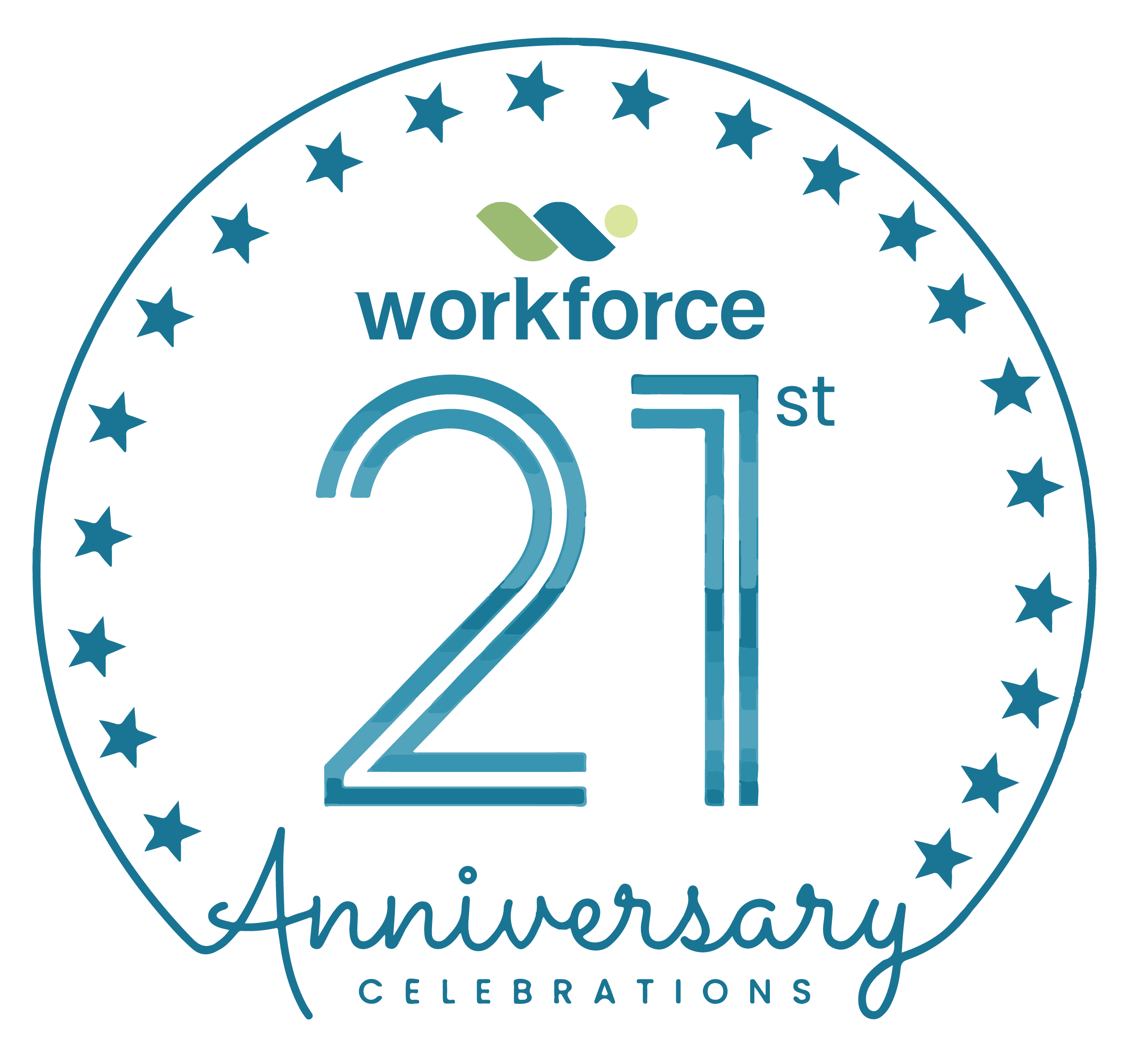Introduction: The Critical Role of Pre-Employment Verification
In an era where organisational reputation, regulatory compliance, and workplace safety hang in the balance of every hiring decision, the importance of thorough pre-employment verification and background checks for employment in Nigeria cannot be overstated. Nigerian employers face a challenging landscape: sophisticated fraud tactics, credential falsification, undisclosed criminal histories, and qualification misrepresentation that can expose organisations to catastrophic risks ranging from regulatory violations to workplace violence, financial fraud, and irreparable reputational damage.
This reality makes comprehensive background checks for employment in Nigeria not merely a best practice recommendation but a fundamental business imperative for organisations serious about protecting their assets, employees, customers, and reputation. The question facing Nigerian business leaders is no longer whether to conduct pre-employment screening, but how to implement verification processes that balance thoroughness with efficiency, legal compliance with practical necessity, and risk mitigation with candidate experience. Smart organisations recognise that investing in proper background check processes delivers returns that far exceed the immediate costs through prevented disasters, enhanced workforce quality, and strengthened regulatory compliance.
The Nigerian employment landscape presents unique verification challenges that elevate screening from administrative formality to strategic necessity. Organisations must navigate incomplete public records, fragmented verification databases, varying educational institution cooperation levels, and the prevalence of document fraud that makes visual inspection insufficient for validation. These factors demand that employers partner with experienced providers who understand Nigerian verification complexities and possess the resources, expertise, and persistence required to uncover truth in challenging information environments.
Understanding Background Checks for Employment in Nigeria
A comprehensive background checks for employment in Nigeria encompasses multiple verification dimensions, each addressing specific risk categories that threaten organisational well-being. Understanding these components enables employers to design screening programs matched to their specific risk profiles, regulatory obligations, and operational requirements.
Identity Verification
Identity confirmation forms the foundation of all subsequent verification activities. Without confidence in candidate identity, all other checks become meaningless. Nigerian identity verification faces challenges, including multiple identification systems with incomplete coverage, commonality of name variations and spelling inconsistencies, and the prevalence of falsified identification documents that require expert authentication.
Professional employment background screening providers employ sophisticated identity verification protocols combining multiple data sources, biometric validation where available, address verification through independent channels, and documentation authentication that detects sophisticated forgeries missed by untrained reviewers.
Educational Qualification Verification
Credential fraud represents one of the most common and potentially damaging forms of candidate misrepresentation. Studies consistently demonstrate that significant percentages of resumes contain educational misrepresentations ranging from exaggerated achievements to completely fabricated degrees from non-existent institutions.
Thorough educational verification as part of background checks for employment in Nigeria involves direct contact with issuing institutions to confirm attendance dates, degrees awarded, graduation status, and academic performance where relevant. This verification must extend beyond Nigerian institutions to international schools, particularly given the prevalence of candidates claiming foreign qualifications that prove difficult for employers to independently verify.
Employment History Verification
Past employment performance provides crucial insight into candidate reliability, work ethic, professional competence, and interpersonal behaviour. However, employment verification faces practical challenges, including employer reluctance to provide detailed information beyond basic confirmation, defunct companies whose records are unavailable, and self-employment claims that resist traditional verification approaches.
Effective employment background screening overcomes these obstacles through persistence, creative verification strategies, and extensive reference networks that enable confirmation even in challenging circumstances. This thoroughness distinguishes comprehensive screening from superficial checks that accept candidate assertions at face value.
Criminal Background Check
Perhaps no verification component carries greater importance than criminal background check procedures that identify candidates with histories posing risks to workplace safety, financial security, or vulnerable populations. Nigerian criminal record verification faces significant complications, including fragmented record systems across states and jurisdictions, incomplete record digitisation that requires manual archive searches, and privacy restrictions that limit public access to certain record categories.
Organisations serving vulnerable populations—children, the elderly, disabled individuals, or financial services clients—face heightened obligations to conduct thorough criminal background check processes. Regulatory frameworks increasingly mandate such screening, with significant penalties for organisations that fail to identify problematic histories that subsequently result in harm.
Professional background verification providers maintain relationships with record custodians, understand jurisdictional variations in record availability and access procedures, employ researchers experienced in navigating complex record systems, and utilise technology to search across multiple databases simultaneously for comprehensive coverage.
Legal Framework Governing Background Checks for Employment in Nigeria
Nigerian employers conducting background checks for employment in Nigeria must navigate legal obligations protecting both organisational interests and candidate rights. Understanding this framework prevents legal exposure while enabling effective risk mitigation.
Constitutional Privacy Protections
The Nigerian Constitution guarantees privacy rights that impose limitations on employer information gathering. Organisations must demonstrate legitimate business necessity for information requested and ensure screening procedures remain proportionate to actual job requirements and risk profiles.
This constitutional framework means employers cannot conduct indiscriminate screening seeking any potentially negative information. Instead, employment background screening must target specific risk categories relevant to position responsibilities, organisational environment, and regulatory obligations.
Data Protection Act Compliance
Nigeria’s Data Protection Regulation establishes comprehensive requirements governing personal data collection, processing, storage, and disclosure. Organisations conducting background checks for employment in Nigeria must ensure full compliance with these provisions, including obtaining explicit candidate consent before initiating screening, limiting information collection to what’s necessary and relevant, protecting data through appropriate security measures, and ensuring proper data retention and disposal protocols.
Non-compliance with data protection requirements exposes organisations to significant penalties, legal claims, and reputational damage. This regulatory landscape makes working with compliant screening providers essential for organisations lacking internal expertise in data protection law.
Anti-Discrimination Protections
Nigerian employment law prohibits discrimination based on protected characteristics, including ethnicity, religion, gender, disability status, and other categories. Criminal background check procedures particularly require careful implementation to avoid discriminatory impact where criminal history consideration isn’t clearly job-related.
Organisations must establish clear policies defining what background information disqualifies candidates, apply screening criteria consistently across all candidates, and demonstrate that disqualifying criteria relate directly to position requirements and organisational risk management.
Candidate Rights and Procedural Protections
Legal frameworks establish candidate rights during background checks for employment in Nigeria processes, including the right to notification that screening will occur, the opportunity to consent to or decline screening, access to information discovered during screening, and the ability to dispute inaccurate findings before adverse decisions.
Organisations that fail to provide these procedural protections face legal exposure when candidates challenge hiring decisions based on background screening results. Proper process documentation becomes essential for defending decisions if legal challenges arise.

Best Practices for Effective Background Checks for Employment in Nigeria
Implementing comprehensive background checks for employment in Nigeria programs requires more than legal compliance—it demands strategic design that balances risk mitigation, efficiency, candidate experience, and regulatory adherence.
Risk-Based Screening Design
Not all positions warrant identical screening intensity. Organisations should implement tiered employment background screening approaches matched to position risk profiles, considering factors such as financial authority and access to assets, interaction with vulnerable populations, access to sensitive information or systems, public-facing representation of organisational brand, and safety-critical responsibilities where errors could cause harm.
This risk-based approach optimises resource allocation, focusing comprehensive screening on the highest-risk positions while implementing streamlined processes for lower-risk roles. The approach also strengthens legal defensibility by demonstrating that screening intensity relates directly to legitimate business necessity.
Comprehensive Multi-Component Verification
Effective background checks for employment in Nigeria extend beyond single verification types to encompass multiple dimensions, providing a holistic candidate assessment. Comprehensive screening includes identity and right-to-work confirmation, educational credential verification, employment history validation, professional license and certification checks, criminal background check across relevant jurisdictions, credit history review for financially sensitive positions, social media and online presence screening where appropriate, and reference interviews with former supervisors and colleagues.
This multi-layered approach identifies risks that single-component screening misses while providing confidence that candidates have been thoroughly vetted across all relevant dimensions.
Partnering with Professional Screening Providers
While some organisations attempt internal employment background screening, the complexity of comprehensive verification typically exceeds internal capabilities. Professional providers offer access to proprietary databases and information sources, relationships with record custodians facilitating verification, specialised expertise in Nigerian verification challenges, technology platforms enabling efficient processing, legal compliance expertise and procedural safeguards, and economies of scale reducing per-candidate costs.
Organisations serious about effective background checks for employment in Nigeria recognise that professional provider partnerships deliver superior results compared to internal efforts, particularly when screening extends beyond basic verification to a comprehensive investigation.
Consistent Process Implementation
Legal compliance and fairness require consistent application of employment background screening procedures. Organisations must establish clear written policies defining screening scope and criteria, train hiring managers on proper process implementation, apply identical screening to all candidates for similar positions, document screening decisions and rationale thoroughly, and regularly audit compliance with established procedures.
This consistency protects organisations from discrimination claims while ensuring that screening delivers reliable results rather than ad hoc investigations producing inconsistent quality.
Transparent Candidate Communication
Effective background checks for employment in Nigeria maintain transparency with candidates throughout the process. Best practices include clear job posting disclosure that screening will occur, detailed explanation of screening components and timeline, formal consent collection before initiating verification, interim updates during extended verification processes, prompt notification if adverse information emerges, and opportunity to respond to negative findings before final decisions.
This transparency enhances candidate experience, demonstrates organisational professionalism, satisfies legal procedural requirements, and reduces legal exposure from process-based complaints.
Industry-Specific Background Checks for Employment in Nigeria Considerations
Different industry sectors face unique screening requirements reflecting their specific risk profiles, regulatory frameworks, and operational characteristics.
Financial Services Sector
Banking, insurance, and investment organizations require enhanced background checks for employment in Nigeria, addressing financial crime risks, including a comprehensive criminal background check focusing on fraud, theft, and financial crimes, a credit history evaluation indicating financial responsibility, verification of financial industry certifications and licenses, previous employment screening emphasising financial integrity, and regulatory database searches for previous sanctions or violations.
Regulatory frameworks governing financial services often mandate specific screening components with documented compliance. Organisations in this sector cannot treat background verification as optional—it represents a regulatory obligation with significant penalties for non-compliance.
Healthcare
Organisations serving vulnerable populations face heightened employment background screening obligations, including thorough criminal background checks emphasising crimes against persons, professional license verification with disciplinary history review, previous employer reference checks focusing on patient care quality, drug screening to ensure patient safety, and specialised clearances for working with children or vulnerable adults.
The potential for harm when unsuitable individuals access vulnerable populations makes comprehensive screening both an ethical imperative and a legal requirement in healthcare and social service contexts.
Education Sector
Schools and educational institutions require specialised background checks for employment in Nigeria, protecting student welfare, including a comprehensive criminal background check with emphasis on offences against minors, educational credential verification ensuring teacher qualifications, previous employment verification with specific questions about student interactions, professional teaching license and certification validation, and specialised child protection clearances mandated by law.
Recent regulatory emphasis on child protection has intensified scrutiny of educational institutions’ screening practices, with significant consequences for organisations failing to identify problematic histories.
Oil and Gas Industry
Energy sector organisations face unique screening requirements reflecting operational environments and security sensitivities, including technical qualification verification for specialised roles, safety certification validation for operational positions, security clearances for sensitive facility access, international background checks for expatriate personnel, and previous employment verification emphasising safety compliance and technical competence.
The high-stakes nature of energy operations, where errors can cause catastrophic consequences, makes thorough employment background screening essential for workforce reliability and operational safety.
The Workforce Group Advantage in Background Checks for Employment in Nigeria
Among providers offering background checks for employment in Nigeria services, Workforce Group has established market leadership through unwavering commitment to thoroughness, accuracy, legal compliance, and client service excellence.
Comprehensive Verification Capabilities
Workforce Group delivers complete employment background screening encompassing all verification dimensions required for confident hiring decisions. Our capabilities span nationwide coverage with access to records across all Nigerian states, international verification capabilities for foreign credentials and histories, specialised industry screening expertise across sectors, advanced technology platforms enabling efficient processing, and dedicated verification specialists with deep Nigerian market knowledge.
This comprehensive capability means clients can consolidate all screening needs with a single trusted provider rather than managing multiple vendors with inconsistent quality and processes.
Uncompromising Accuracy Standards
The value of background checks for employment in Nigeria depends entirely on accuracy. Workforce Group implements rigorous quality control, including multiple independent verification attempts for every data point, source document review rather than database-only reliance, manual verification by experienced professionals, not just automated searches, comprehensive documentation of verification methodology, and thorough internal review before result reporting.
Our accuracy commitment means clients can make decisions with confidence, knowing that reported information has been thoroughly verified through multiple channels and reviewed by experienced professionals.
Legal Compliance Expertise
Navigating the complex legal framework governing employment background screening requires specialised expertise. Workforce Group provides comprehensive compliance support, including process design ensuring legal adherence, candidate consent documentation meeting regulatory standards, procedural safeguards protecting candidate rights, data protection compliance throughout the screening lifecycle, and guidance on legally defensible decision-making.
Clients benefit from our legal expertise, avoiding the exposure that organisations face when conducting screening without a proper understanding of applicable legal requirements.
Rapid Turnaround Without Quality Compromise
Hiring timelines demand efficient screening, but speed cannot compromise thoroughness. Workforce Group delivers industry-leading turnaround times while maintaining uncompromising accuracy standards through optimised verification workflows, technology-enabled efficiency, extensive source relationships facilitating rapid information access, adequate staffing preventing bottlenecks, and sophisticated case management tracking every verification component.
Our clients and partners don’t face the false choice between speed and thoroughness—we deliver both through operational excellence and strategic resource deployment.
For business leaders seeking background checks for employment services that actually protect their organisations rather than merely checking boxes, we want you to experience the Workforce Group midas touch. Discover why leading Nigerian organisations across every industry sector trust us to verify the candidates who will represent their brands, serve their customers, and shape their futures.
Ready to protect your organisation with Nigeria’s most comprehensive background screening? Contact Workforce Group today to discuss how our employment background checks services can safeguard your hiring decisions.



